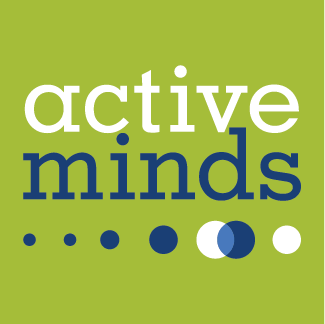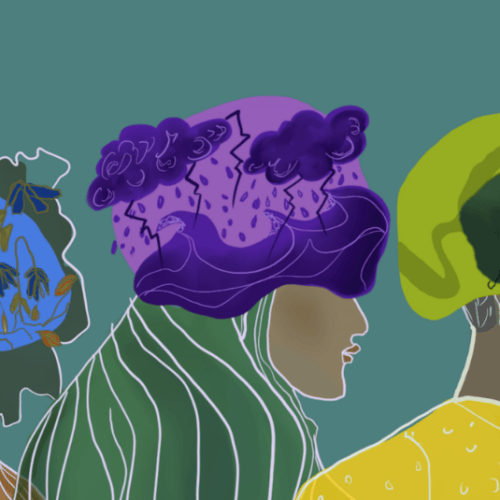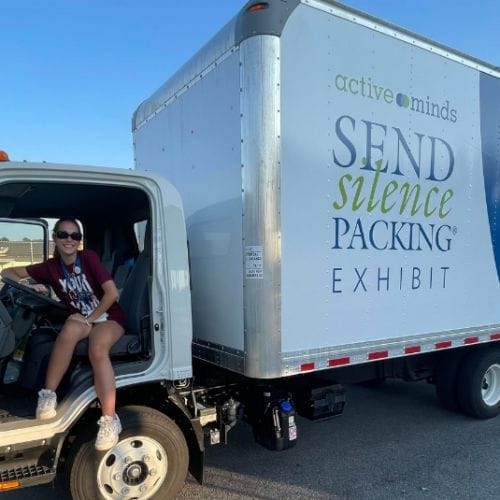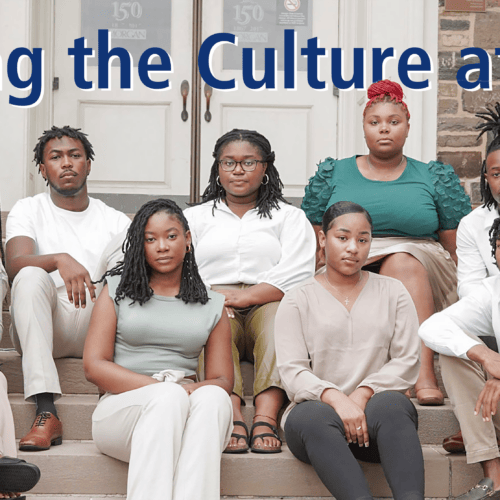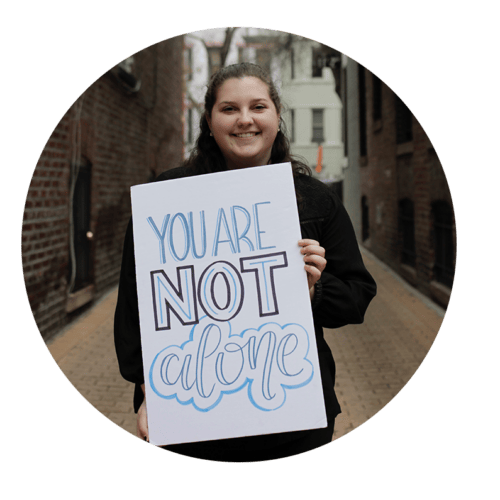It was not until my freshman year of college, in the fall of 2019, that I realized I might be suffering from depression. I was sad for no reason. Still tired after getting a good night’s rest. Something felt off.
But, to those around me, I was still functioning “normally.” I was able to go to class and get things done. I was getting enough sleep. I was ahead of schedule on my work and still seeing my friends. All of what I was showing to those around me made it easy for others to think I was okay. But, those feelings of sadness and unworthiness persisted. I’d go to class, but what I wanted is to stay in bed all day. I’d get enough sleep, but the feelings of being exhausted were still there. I’d get all my work done, but it was a daily battle because I couldn’t seem to focus on any task. I showed up to social events, but when I was there, I wanted nothing more than to leave. Sometimes I felt like I was shaking on the inside and I couldn’t stop it, but it didn’t show on the outside. I don’t know if it was a fear of stigma, or embarrassment, or not knowing how to open up. I just knew I wanted to keep acting as if everything was fine.
Eventually, however, it became too much. So, I took matters into my own hands. I decided to seek out a personal counselor through my community college. I was lucky enough to go to a school that offered free mental health counseling to all students, so I took advantage. After completing the initial screening, and getting more information on what would most help me, I started weekly sessions with a counselor to truly understand better what was going on in my brain. Some days we would focus on coping techniques, while others I would just vent for the whole hour. This ended up being the perfect solution for me. Having someone with a non-bias opinion give me advice and to just listen felt like a fresh beginning.
My psychiatrist is the one who officially diagnosed me with Generalized Anxiety Disorder and Major Depressive Disorder. To receive medication, I got referred to outpatient psychiatry through my local hospital, where I worked with someone on their team trying to find the right combination for me. This journey was scary though. I had no idea that it took seeing so many people to get an official mental health diagnosis. However, while the process was long, and difficult at times, I’m grateful I made the decision to get screened at my school. It allowed me to receive the help I needed, to find people to support me in my journey, and to no longer suffer alone.
Like I mentioned before, I was lucky enough to have screening available to me at my school. However, I know many people don’t have that same kind of access. While a professional diagnosis is always a great step in receiving help, educating yourself on your symptoms, and better understanding the screening process can be helpful as well. There is free, accessible information from Active Minds on distinguishing between different mental health issues, tips for working through difficult times, and ways to support someone who’s struggling.
I want to leave you with one final reminder: you can be your own biggest advocate. Those around you may not know exactly what you’re going through, but you’re the expert when it comes to your mental health. Put yourself first. When you can, seek help. And, take advantage of mental health screening opportunities when needed. You’ll never regret taking the first step towards protecting your mental health.


